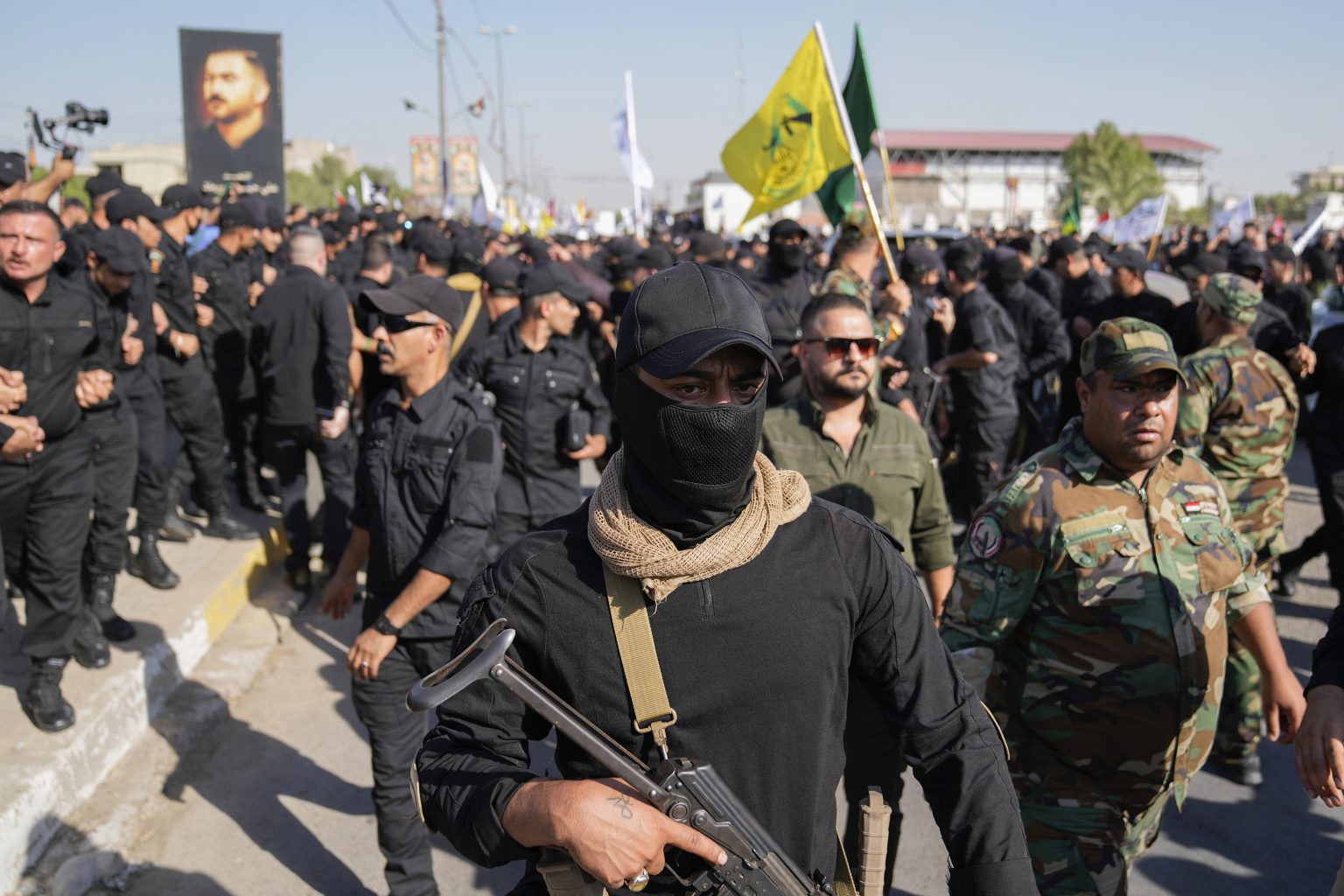The Islamic Resistance in Iraq, under the banner of the Axis of Resistance coalition, has shared warnings for both Israel and the U.S. following the recent high-profile assassinations of Hamas Political Bureau chief Ismail Haniyeh and Lebanese Hezbollah’s top military official Fouad Shukr. Amid the ongoing Israel-Hamas conflict in Gaza, Iran and its allies have vowed to seek retribution, prompting concerns of imminent retaliation by Israeli and U.S. officials. The U.S. has called for a ceasefire while asserting its commitment to Israel’s defense, leading to further tensions in the region as the Axis of Resistance condemns the actions of the U.S. and sponsors of Israel.
The Iraqi Resistance Coordination released a statement condemning the attacks by “the forces of arrogance” and warned of potential actions if the American occupation forces target Iraqi individuals or exploit Iraqi airspace to target Iran. The group emphasized that they are not bound by any restrictions and will retaliate without limits if necessary. Additionally, the Islamic Resistance has shared military preparations for a unified response to Israel’s provocations, including warnings from various leaders such as Hassan Nasrallah, Ayatollah Ali Khamenei, and others who have expressed their desire to strike back at Israel in response to recent attacks.
U.S. Defense Secretary Lloyd Austin announced the deployment of a third carrier strike group to the Middle East due to escalating regional tensions following a series of attacks and retaliations in the region. The U.S. military has targeted Ansar Allah, also known as the Houthi movement, in response to their campaign against Israel and commercial vessels in the region. The ongoing conflict has resulted in increasing military activities and tensions across various countries, including Iraq, Syria, Yemen, and Lebanon.
Hezbollah’s plans to retaliate for the killings of Haniyeh and Shukr have raised concerns of a broader escalation in the region. The Lebanese movement’s leader, Nasrallah, has promised a strong and coordinated response with the Axis of Resistance, while Israeli officials have warned of potential civilian casualties that could set off further escalations. Observers anticipate a multi-pronged strike against Israel by Iran and its allies, potentially impacting the ongoing Gaza ceasefire negotiations.
Iran’s priority is to establish a lasting ceasefire in Gaza, while also asserting its legitimate right to self-defense in response to Israeli violations of national security and sovereignty. Iranian officials hope that any response will be timed and conducted in a manner that does not jeopardize potential ceasefire agreements in Gaza. The White House National Security Council has voiced concerns over the increasing likelihood of an event by Iran and its proxies in the coming days, signaling a heightened state of alert and tension in the region.


